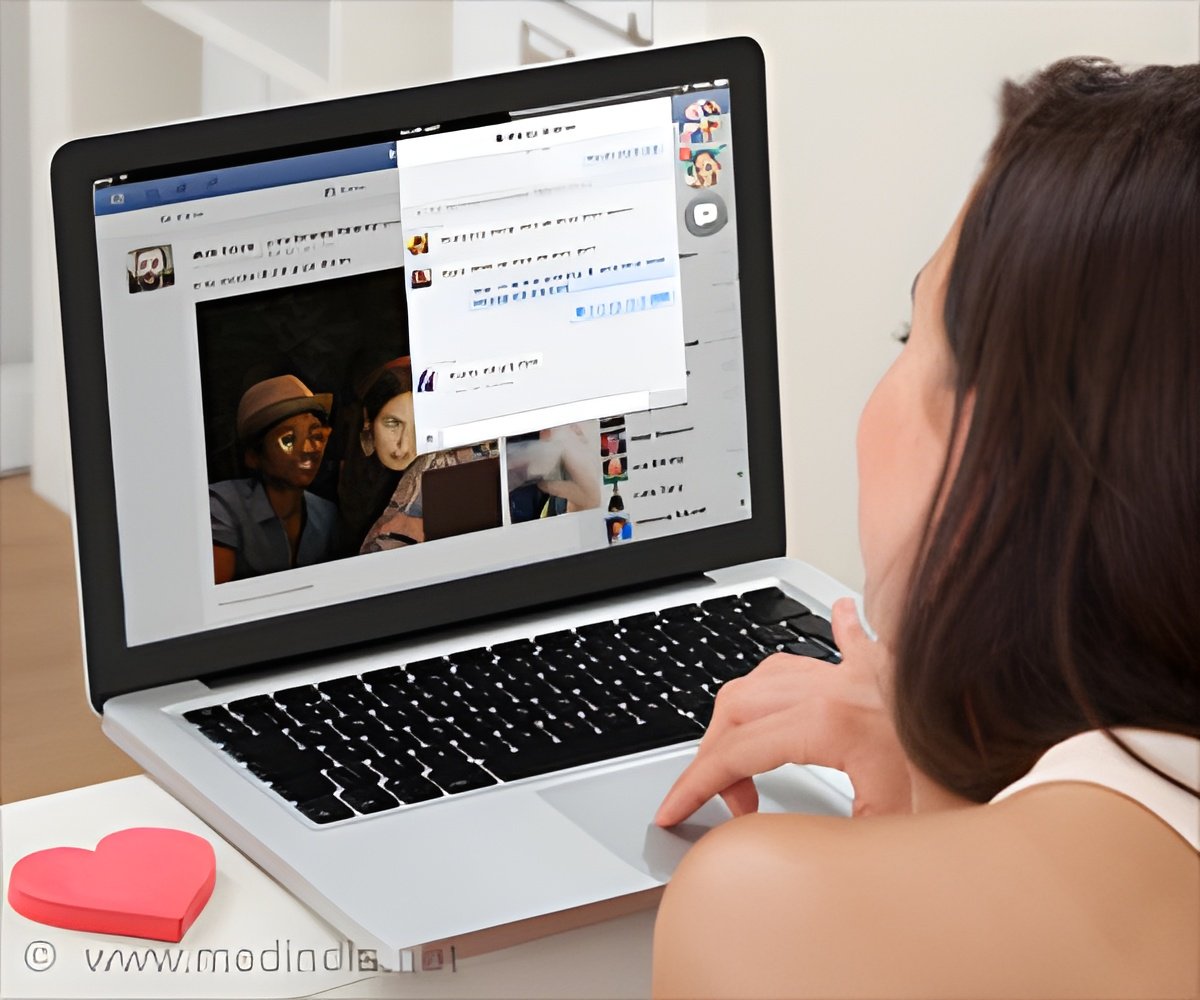
‘Providing interventions to the college students through social media before any social drinking can prevent any further consequences.’
Tweet it Now
Further, friends who view their posts of heavy drinking may then be more likely to perceive intoxication as exciting and fun, Ceballos's group notes. However, social media also may prove to be an avenue for prevention efforts among student drinkers.
"While college students' reliance on social media has been identified as a risk factor for alcohol-related problems," Ceballos says, "it might also present an opportunity for innovative interventions."
Because social media use has exploded in recent years and trends among young people have changed so quickly, the researchers sought to define exactly what platforms college students are using and how they are using them, particularly in relation to alcohol use.
To do this, the research group recruited 425 undergraduate students, ages 18 through 25, asking about students' alcohol use, including the quantity and frequency with which they drank and if they had ever "binged" (in the study, defined as ever having five drinks at one time for men and four or more for women).
Advertisement
Compared with students who had never binged, student binge drinkers were more likely to have posted on any social media platform while drinking and while intoxicated. Binge drinkers also showed greater "intensity" toward social media (more emotional investment that allowed social media to become part of their identities) and a non-statistically significant trend toward being more addicted to social media. They also used more social media platforms than non-binge drinkers.
Advertisement
However, social media may turn out to be a good platform for interventions to reduce heavy drinking. Studies of pathological gambling have shown that harm-reduction messages delivered "in the moment" can help disrupt this behavior. The research group suspects that similar interventions, timed while students are socially drinking but before significant impairment occurs, "might be useful in preventing an episode of social drinking from escalating into a binge," according to the study.
"As for what form this intervention might take, we're not really there yet," Ceballos reports. "However, I believe that pairing recent advances in alcohol biosensor technology (to detect a drinking episode when it occurs) and ecological momentary interventions (to reach out to clients via mobile phones 'in the moment') could make this type of intervention a reality in the very near future."
s Knowing which social media platforms students are using is important for such interventions. The study showed that Snapchat and Instagram are the most popular sites used by college students, followed by Facebook and Twitter. "Facebook is waning in popularity among younger users," the researchers write, "whereas Snapchat is becoming more popular." Therefore, they note, interventions should be geared toward the more frequently used sites. However, binge drinkers, specifically, used Snapchat and Facebook more frequently.
Source-Eurekalert












